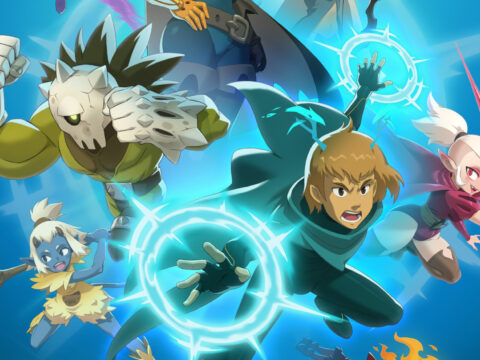I’m a huge fan of turn-based games. From Pokémon and Final Fantasy to Dragon Quest, Fire Emblem, Slay the Spire, Undertale, and Paper Mario, this genre is my top choice. However, it doesn’t quite align with my other passion: MMOs.
The core issue lies in the clash between turn-based mechanics and the fast-paced nature typically expected in MMOs. Players often crave smooth, real-time gameplay—where action is continuous and interaction is seamless. While turn-based games can certainly facilitate exploration and social experiences, they tend to falter during combat scenarios.
By its very nature, “turn-based” entails distinct, sequential actions rather than simultaneous ones. This leads to periods of waiting—essentially pausing the fun. Picture attempting to coordinate individual turns in large PvP battles, public events, or raids involving dozens (or even hundreds) of players. That sounds daunting, doesn’t it?

Real-time combat fosters a sense of immediacy. Players can instinctively respond to threats, adapt dynamically, and thrive amidst the chaos. In contrast, turn-based systems require pausing, strategizing, and waiting, which often leads to feelings of detachment.
From a developer’s perspective, creating turn-based MMOs presents significant challenges. They struggle to scale and come with inherent risks. Given that MMOs are already costly and time-intensive to develop, introducing a niche combat system can further narrow your audience. Consequently, most studios opt for safer choices like tab-targeting or action combat—tried-and-true models that appeal to a wider player base in a competitive market.
Nevertheless, I’d like to commend the turn-based MMOs that have successfully broken the mold and attracted a dedicated fanbase: Dofus, Wakfu, Atlantica Online, Wizard101, and Toontown Online.











